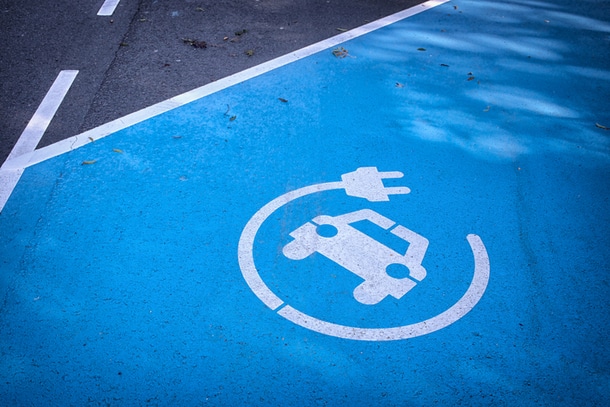Australia may be prone to economic vulnerability claims a new report if we do not address CO2 emissions derived from highly polluting cars, according to research from the University of Newcastle.
This comes after France agreed to halt the sales of diesel and petrol cars by the year 2040.
Other positive news in this sphere come from automotive manufacturer Volvo which vowed by 2019 all its cars sold will be hybrid or electric.
Worldwide CO2 made by transport is a huge problem with it accounting for 26% of all worldwide emissions, with cars accounting for 81% of this.
Research backed
This information comes from research by the Conversation in the International Journal of Sustainable Transportation that globally and in Australia that car use is only set to increase over time.
Emissions however are not guaranteed to increase with there being a variety of factors that contribute to this including population trends and economic growth.

“It might therefore seem sensible to delay policy decisions until we can see what type of future emerges. However, our research found that a “wait and see” approach will dramatically increase our economic, social and environmental vulnerability.”
“Lower-income Australians are particularly at risk. This is because transport accounts for a greater proportion of their household income and they tend to live on the urban fringe where daily travel distances are necessarily higher.”
Tackling the problem will create a level of uncertainty but that must be approached in a positive intentional way according to the report to continually adapt to the economic and social changes of the time.
What needs to be done ?
Bonnie McBain Tutor in Sustainability Science, University of Newcastle who undertook the research saying:
“Changing the type of fuel used by cars, improving vehicle efficiency and increasing city density are all policy levers that can reduce the footprint of urban cars, but these must occur in tandem. To minimise costs and realise the potential savings, policymakers need to collaborate on finding policies that are flexible enough to adapt to an uncertain future.”
“Should we have the leadership to implement such sophisticated policy, we might accidentally design a future in which we are healthier and happier too.”












































